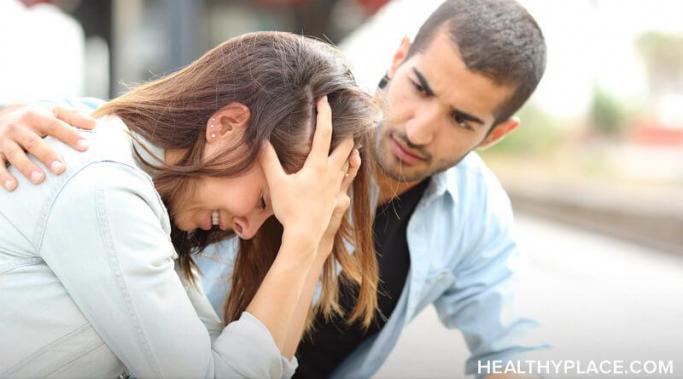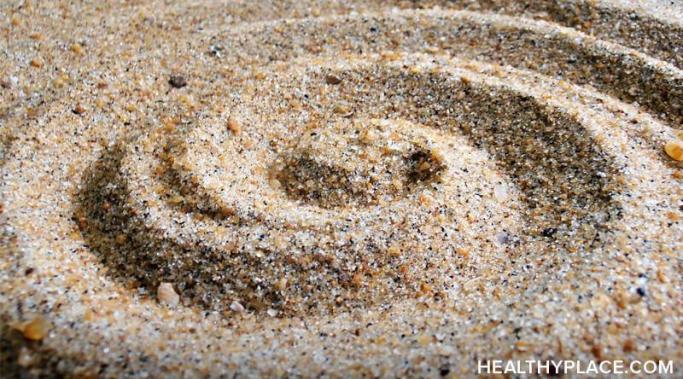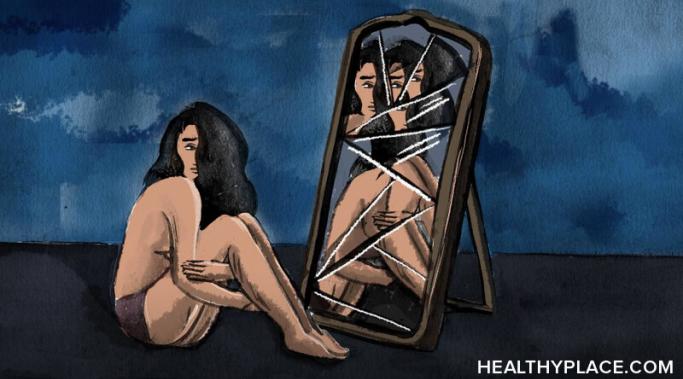Binge eating became a coping mechanism during my breakup. Recognizing this destructive pattern and taking steps to manage it was crucial for my wellbeing. Here's how I managed my binge eating during my breakup.
Binge Eating Disorder Treatment
In the time I've spent recovering from binge eating disorder and disordered eating, I've learned how to start over in recovery. I've probably had to "start over" in binge eating recovery 1000 times. Starting over so many times has taught me how to forgive myself and look at myself with eyes of understanding.
I recently bought a deck of cards full of question prompts, and one of the first question cards I drew was, "What is your vice?" The answer that surfaced for me was familiar: food. I will always be conscious about food, even in times of ease in my recovery. Sometimes this reality is frustrating, and I envy the people around me who seem to enjoy food without stress or guilt. I also learn about the depths of myself from the healing process. The lessons I've taken from binge eating disorder remind me that there's always more to uncover about myself and eating disorders like binge eating disorder (BED).
We all experience cycles or patterns of behavior that we want to change. Those of us who have experienced binge eating disorder (BED), or eating disorders in general, know the pain and frustration that is felt when you are trapped in a cycle of disordered, destructive eating. It is especially frustrating when you try to recover and leave behind your old cycles and patterns and you realize you're still stuck in a binge eating cycle.
Around this time last year, I decided to cancel my gym membership and practice yoga at home to support my binge eating disorder (BED) recovery. I wanted to try a new way of exercising that would help me lean into my recovery. I'd been experiencing a deep shift of motivation in my recovery, and I was encouraged by my counselor and my partner to try something new. I had a feeling I'd outgrown my gym routine, and I wanted to experience a new way to interact with my body.
Almost two years ago, I decided to try intuitive eating to distance myself from binge eating. I didn't trust my body to stay at a healthy weight without dieting, but I knew I had to try to break out of my eating disorder habits. It sounded like a dream to eat whatever I wanted without guilt or worrying. I was skeptical intuitive eating would work for me, but I was eager to try it as an experiment.
Maybe you've known for a while that your binge eating disorder (BED) is out of control. Starting BED recovery can be confusing, and the steps you need to take are difficult to navigate on your own. When you're struggling to make it through each day without bingeing, it's difficult to create a fresh perspective. So how do you begin to recover from binge eating?
I am thankful for my struggle with an eating disorder. I'm sure you are filled with judgment and curiosity, wondering how someone could actually be thankful for having been through something as misery-filled as an eating disorder. You may think I am crazy for feeling this way, but I truly have gratitude for everything my eating disorder put me through. I have thanks for my struggle.
I'm in recovery from binge eating disorder and I always find people asking me whether I consider myself "recovered" from my eating disorder. My answer is always no. I will always view myself in the terms of "in recovery" because I believe that the eating disorder healing process is a journey without an endpoint. There are people that do not side with my viewpoint, but this is my belief system: Recovery from binge eating disorder will last my lifetime.
Using medication in binge eating disorder recovery can be a wonderful tool that helps your recovery blossom. There are those who are against the use of medication in eating disorder treatment and I believe these people have some valid points. In the end, I think that the use of proper medication in binge eating disorder recovery can be a really big help.









